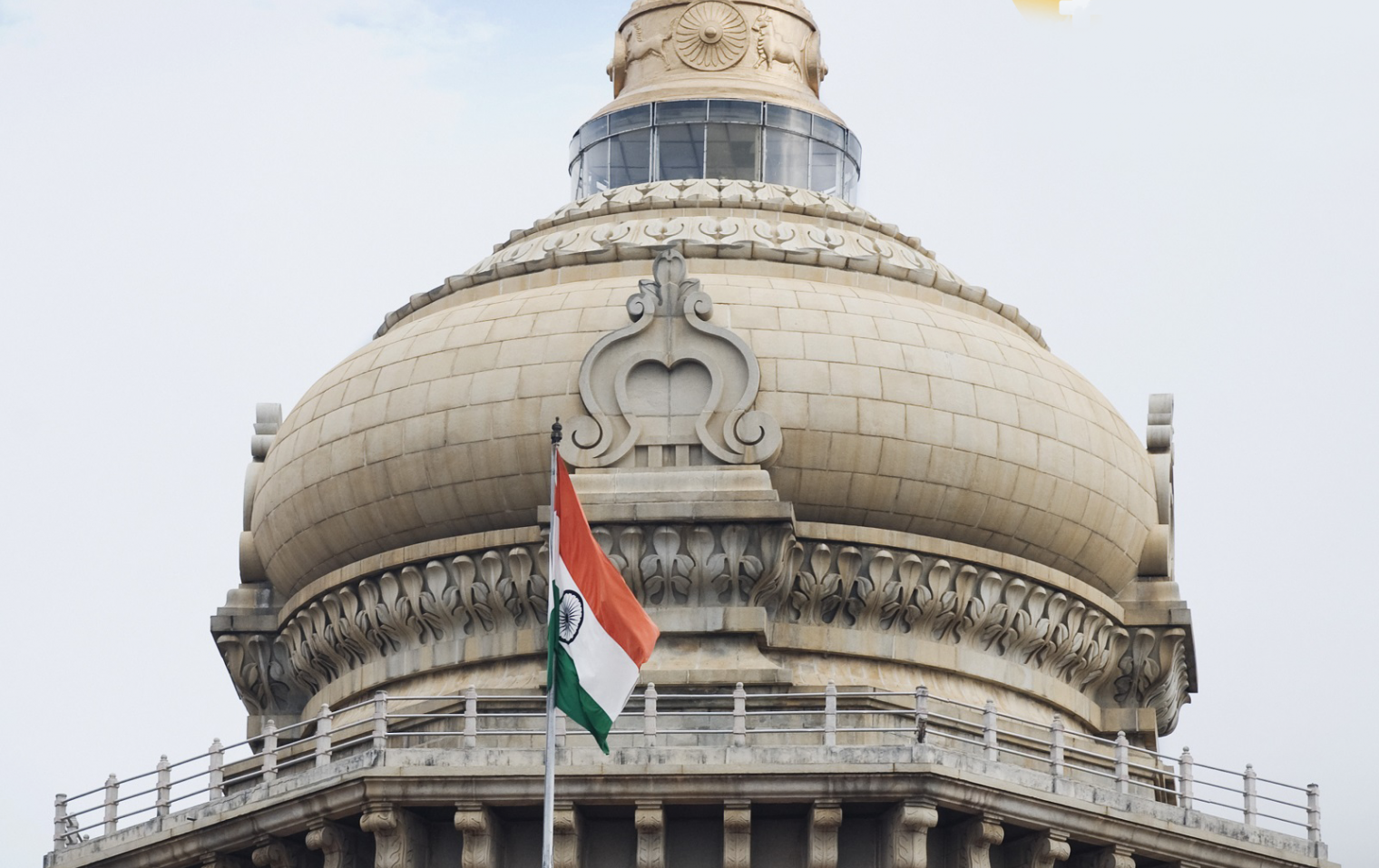- Published on January 8, 2025
- In AI News
Current laws require "human authorship", which leaves uncertainty about whether human input, such as writing prompts or algorithms, is enough to establish copyright ownership.

India has launched a public consultation to undertake the development of an AI for India-Specific Regulatory Framework to advance its efforts to regulate AI. A multi-stakeholder Advisory Group led by India’s principal scientific advisor (PSA) has been tasked with shaping the framework.
A subcommittee of the group on AI governance and guidelines development, constituted to provide actionable recommendations for AI governance in India, focuses on examining key issues related to AI governance in India, conducting a gap analysis of existing frameworks, and proposing recommendations for a comprehensive approach to build a trustworthy and accountable AI ecosystem.
The report highlights gaps in existing governance frameworks and proposes a coordinated, government-wide approach to enforce compliance while fostering innovation. “The aim is to ensure that governance mechanisms reflect India’s aspirations,” the central government’s ministry of electronics and IT (MeitY) said.
Copyright Issues with AI-Generated Works
One key issue highlighted in the AI governance discussions is whether AI-generated works qualify for copyright protection. Current laws require “human authorship”, which leaves uncertainty about whether human input, such as writing prompts or algorithms, is enough to establish copyright ownership.
Big tech companies like Microsoft and GitHub have faced copyright challenges related to the datasets used to train AI models. Lawsuits worldwide are questioning whether generative AI tools, including ChatGPT, have violated copyright laws. A US court recently ruled that AI-generated artwork cannot be copyrighted.
“At present, works exclusively created by AI, even if they stem from a human-written text prompt, are not copyright protected,” the report noted. These AI systems are not legally considered authors, and their outputs are based on human-created material.
Experts are urging authorities, including the copyright office and the ministry of commerce and industry, to issue clear guidelines on whether and to what extent AI-generated works can be copyrighted. They propose technical and legal measures, such as tracing the use of copyrighted data in training AI models to ensure fair practices.
Real-World Cases and Public Concerns
The lack of clarity is already leading to disputes. For instance, a law student recently filed a petition against Haryana’s OP Jindal Global University after accusing the institute of penalising him for allegedly using AI to answer an exam.
This underscores the urgent need for a strong legal framework. Establishing clear policies could help India balance innovation with accountability.

Shalini Mondal
Shalini is a senior tech journalist, exploring the latest advancements in AI. When she's not reporting on the latest innovations, you can find her immersed in her next literary adventure.
Subscribe to The Belamy: Our Weekly Newsletter
Biggest AI stories, delivered to your inbox every week.
February 5 – 7, 2025 | Nimhans Convention Center, Bangalore
Rising 2025 | DE&I in Tech & AI
Mar 20 and 21, 2025 | 📍 J N Tata Auditorium, Bengaluru
Data Engineering Summit 2025
15-16 May, 2025 | 📍 Taj Yeshwantpur, Bengaluru, India
AI Startups Conference.
April 25 /
Hotel Radisson Blu /
Bangalore, India
17-19 September, 2025 | 📍KTPO, Whitefield, Bangalore, India
MachineCon GCC Summit 2025
19-20th June 2025 | Bangalore
![]()
Our Discord Community for AI Ecosystem.

 3 months ago
25
3 months ago
25








